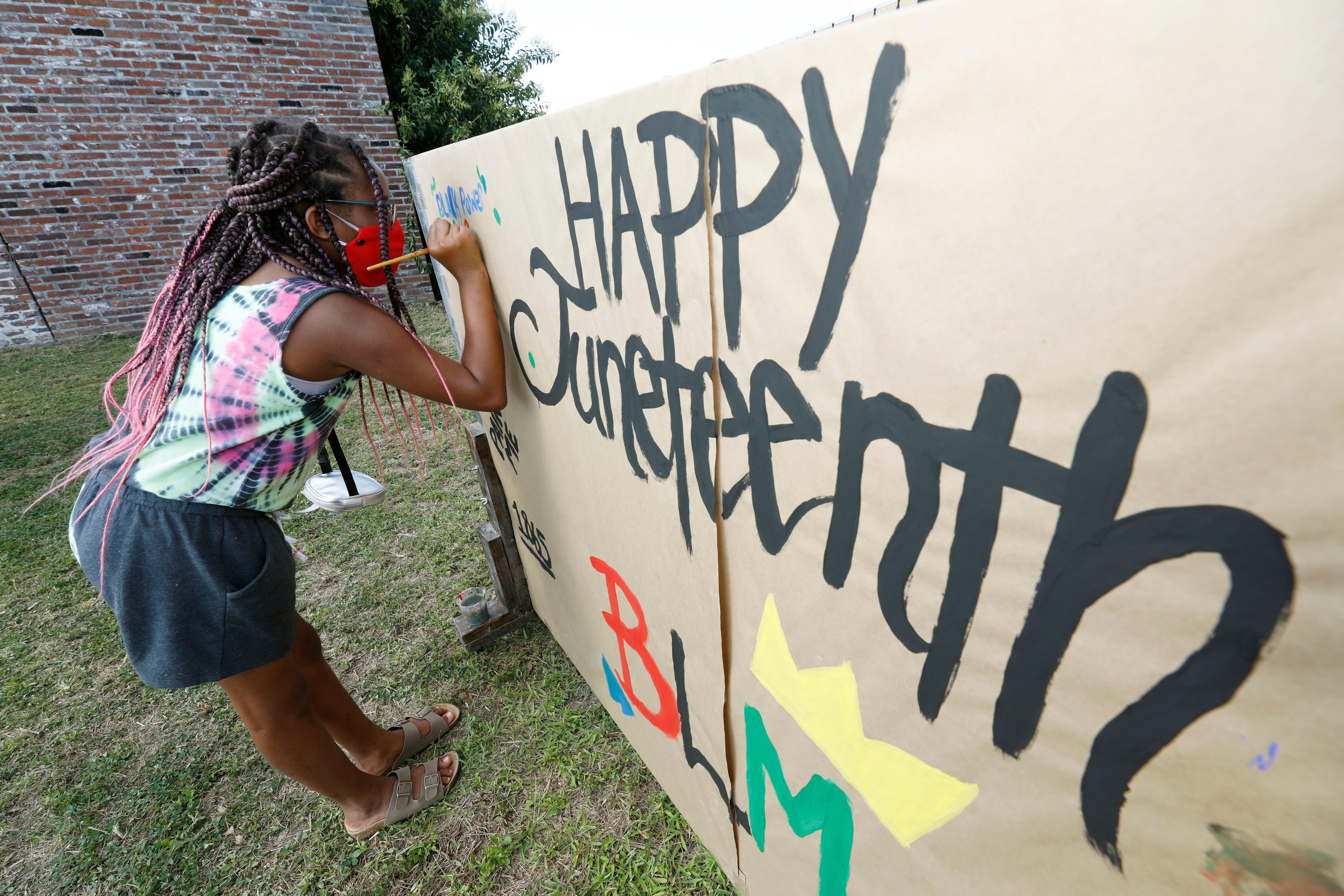The fight to recognize Juneteenth in Mississippi
In Mississippi, the effort to have Juneteenth officially recognized as a state holiday has been a protracted one, according to House Minority leader Robert Johnson of Natchez, a nearly 30-year veteran of the state legislature.
“We ask for a Juneteenth holiday and people just ignore it. So we spend the rest of the session trying to find ways to improve voting rights and economic development in places like the Delta,” said Johnson. “We have so many things we’re looking at and fighting for – Juneteenth is important, but they ignore it so we find ourselves working on things that are more acute that they also ignore.”
He says the House's Black and Democratic caucuses have worked for years to get the holiday officially recognized by the state, even while Mississippi continues to recognize Confederate Memorial Day, as well as the birthdays of General Robert E. Lee and Confederate President Jefferson Davis – political agents of the Confederacy who led the secession effort to maintain slavery as the economic engine of the south at the time.
“This is a state that always talks about how important it is to know our true history, but they don’t want to know or teach all of it,” said Johnson.
“Not only do we have the largest Black population in the country and a long, very embarrassing history of slavery, but we also have a pretty bad record historically when it concerns people’s civil rights and voting rights. This would be a great bridge to move us forward and away from that history we share in this state,” he said.
Getting a white majority behind a Black holiday
One of the largest impediments to official recognition, according to Johnson, remains political leadership in the majority-white, majority-Republican state legislature.
“Just the white Republican leadership, and before that the white leadership period. There are no statewide Black elected officials or any running the Senate or House, and we don’t have a majority. So all we can do is ask, introduce and ask our fellow members that they recognize that day and they just refuse to even let it out of committee,” he said.
Mississippi, along with Arkansas, South Carolina and Florida in the south, do not officially commemorate the holiday. But dozens of other states have quickly established June 19 as official holidays since President Joseph R. Biden signed it into law in 2021.
Even without official recognition, Williams values the importance the date holds in Black communities across Mississippi.
“It really ties into the cultural aspect of Mississippi, especially Black Mississippians. It’s a few days where Black people get to really lean into who they are as a community and culture and just be who they are around people like them, and do things that celebrate blackness, liberation and emancipation,” she said.





